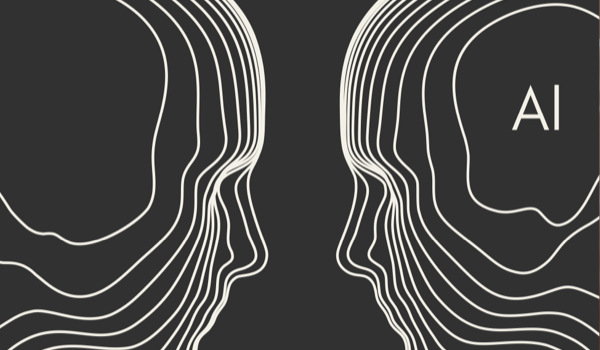


MASSACHUSETTS - As the post-pandemic “new normal” takes hold in the United States and the country learns to live with COVID-19, the potential for using AI to address some of the long-term deficiencies of the healthcare system in the US has never been greater. Recent progress in AI capabilities, the lessons learned during the pandemic, and new entrepreneurial endeavors, are coalescing into a renewed focus on providing the right treatment at the right time in the most appropriate setting. AI can assist in improving various facets of the healthcare system, making it more efficient and effective: increasing access to healthcare, enhancing early diagnosis, incorporating the social factors affecting health in healthcare decisions, and improving home healthcare and the remote management of patients.
Affordability and Accessibility
In 2016, one in four Americans reported having trouble paying a recent medical bill. The problem worsened during the pandemic as 12 million US adults lost health insurance due to unemployment. Nearly one in three Americans delay getting care, tests or medication due to what they expect they will have to pay out-of-pocket, even when they are insured. Based on analysis of demographics, diagnosis, treatment and benefits data, AI can estimate future out-of-pocket costs and match patients with funding sources such as copay assistance programs, free drug programs and local and national grants.
AI can assist in building a digital infrastructure seamlessly connecting health plans, care providers, and patients, providing a direct link between payers and other third parties and provider electric health records (EHRs). Improving the overall quality of healthcare operations with robotic process automation (RPA) can result in AI-driven digital infrastructure that helps primary care physicians choose the right speciali
The content herein is subject to copyright by The Yuan. All rights reserved. The content of the services is owned or licensed to The Yuan. Such content from The Yuan may be shared and reprinted but must clearly identify The Yuan as its original source. Content from a third-party copyright holder identified in the copyright notice contained in such third party’s content appearing in The Yuan must likewise be clearly labeled as such. Continue with Linkedin
Continue with Linkedin
 Continue with Google
Continue with Google








 4721 views
4721 views









